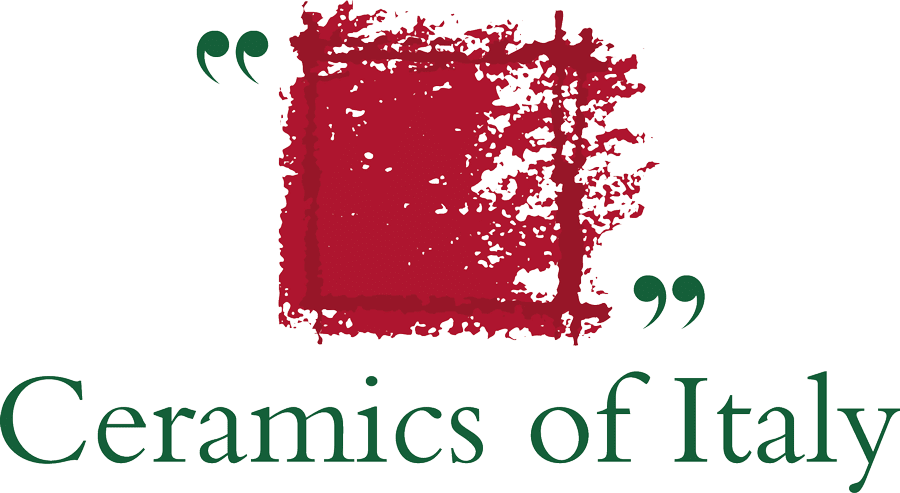Protecting health and safety
Ceramic tiles are made from natural raw materials such as clay, feldspar and sand, which are fired at high temperatures (more than 1200°C) to create finished products that are stable, odourless, non-flammable and completely safe for human health. After installation, ceramic tiles do not release harmful substances such as fumes, gases, vapours or dust, and when they reach the end of their life cycle they are not classified as hazardous waste. Italian tile manufacturers adopt advanced measures to minimise occupational risks, making ceramics a safe and responsible choice.
Through active collaboration with local health authorities, industry associations and trade unions, the Italian ceramic industry has introduced technical solutions that guarantee safe and healthy working environments.
To prevent musculoskeletal disorders amongst workers, companies provide ongoing training and invest in advanced technologies and ergonomic equipment that minimises physical strain.
Dust exposure is strictly controlled in compliance with rigorous European regulations on the presence of fine and crystalline silica dust in the workplace. Modern dust extraction systems are installed throughout production areas, and workers are provided with highly effective personal protective equipment.
The introduction of digital decoration technology and new pressing techniques tailored to increasingly large tile formats has led to a further reduction in dust emissions.
Corporate welfare is another key strength of the Italian ceramic industry. The Foncer supplementary pension fund provides ceramic sector workers with greater financial security after retirement, while companies also run healthcare and work-life balance programmes to further improve employee wellbeing.
Social responsibility and environmental commitment
The Italian ceramic industry’s efforts to protect workers’ health go hand-in-hand with its commitment to environmental sustainability. For decades, companies have invested in reducing emissions by installing state-of-the-art abatement systems and continuously optimising their production processes. The emissions reduction agreement signed in 2019 by the Sassuolo ceramic district and the Emilia-Romagna regional government is a prime example of a collective effort pursued by local manufacturers and public authorities to lower emissions and consequently reduce the sector’s overall environmental impact.
Social responsibility and support for local communities
The Italian ceramic industry’s efforts extend far beyond the factory walls. Many companies in the sector actively support their local communities by funding educational, cultural and social initiatives designed to improve quality of life in the areas where they operate.
While companies in many parts of the world focus exclusively on profit – often at the expense of people and the planet – the Italian ceramic industry demonstrates that economic success and ethical responsibility can go hand in hand. Its commitment to factory certification, compliance with the strictest European standards and ongoing investments in innovation all testify to its dedication to building a more sustainable future.
Italian ceramics: a responsible choice
Choosing Italian ceramics means more than just selecting a high-quality product. It also means supporting an industry that has made social and environmental responsibility one of its defining characteristics. To find out more about this commitment, visit the “Responsibility” section of the website www.ceramica.info, which features more than 160 articles, video tutorials and infographics highlighting the industry’s research efforts and achievements.
At a time when sustainability is one of the greatest global challenges, the Italian ceramic industry sets an inspiring example of ethical, responsible manufacturing that safeguards resources for future generations. This commitment makes Italian ceramics the perfect choice for anyone seeking beauty, safety and care for the environment.



 Architects
Architects
 Construction firms
Construction firms
 Dealers
Dealers

